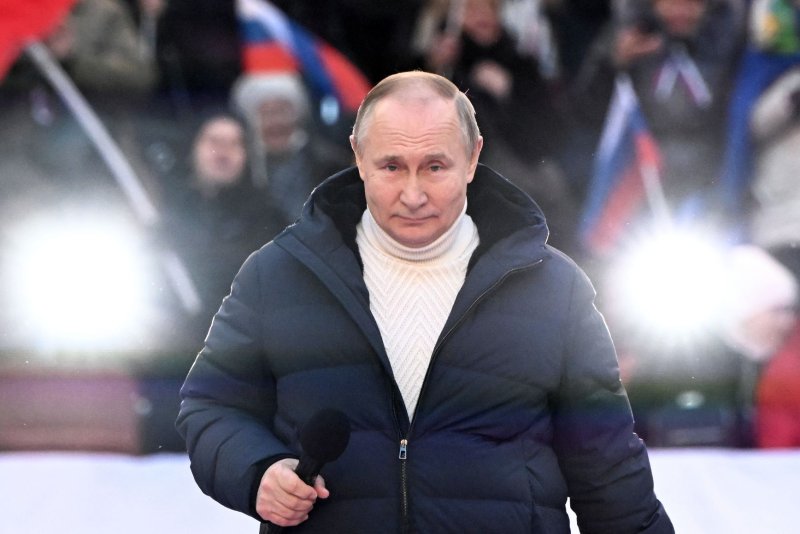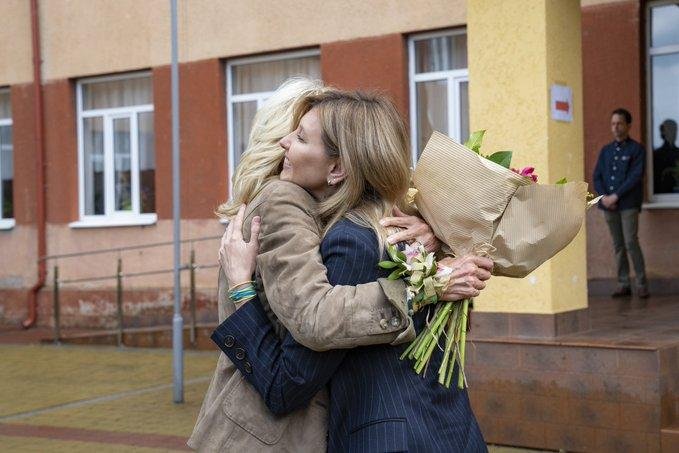By HealthDay News

Older people have a tougher time deciphering "fake news" from the real thing, according to researchers at the University of Florida.
Older adults are no more likely to believe fake news than younger adults, with the exception of the very oldest, a new study finds.
Falling for fake news can have significant physical, emotional and financial consequences, especially for older adults who may have their life savings or serious medical issues at stake, the researchers said.
"We wanted to see if there was an age difference in determining whether news is true versus false," said lead author Didem Pehlivanoglu, a postdoctoral researcher in psychology at the University of Florida, in Gainesville.
"We specifically wanted to look at this because we know that with aging, most people show some decline in their cognitive abilities. But we also know some information-processing abilities are preserved or even improved," Pehlivanoglu said in a university news release.
The study, published this week in Journal of Experimental Psychology: Applied, was conducted between May and October of 2020. It included a group of older adults, aged 61 to 87, and a group of college students.
Participants were asked to read and evaluate 12 full-length news articles about COVID-19 and non-COVID topics. Some of the articles were real and some were fake.
Older and young adults had similar levels of ability to detect fake news, according to the study. The results were published online May 2 in the Journal of Experimental Psychology: Applied.
Both groups were less likely to identify fake news about COVID-19 than news not related to the pandemic. That may be due to low familiarity with COVID-related information in the early months of the pandemic, the researchers suggested.
"People have this perception that older adults are going to perform worse than young adults across the board but that is not the case," said study co-author Brian Cahill, a psychology professor at the University of Florida.
The study did find that adults older than 70 were less likely to ferret out fake news about COVID-19 or other topics. But that's likely because they didn't look as closely at information or pay attention to details, the study authors added.
It's only in very late old age -- when declines in thinking abilities can no longer be offset by life experience and world knowledge -- that people may become especially vulnerable to fake news and other misinformation, the investigators noted.
Study co-author Natalie Ebner, a psychology professor at the university, said, "It is a particularly high-risk population with high stakes for wrong decision making, not just for themselves but also for society at large."

 Brittney Griner of the Phoenix Mercury, who has since been detained in Russia, puts a shot over Azura Stevens of the Chicago Sky during the 2021 WNBA Finals in Phoenix in October 2021
Brittney Griner of the Phoenix Mercury, who has since been detained in Russia, puts a shot over Azura Stevens of the Chicago Sky during the 2021 WNBA Finals in Phoenix in October 2021

















